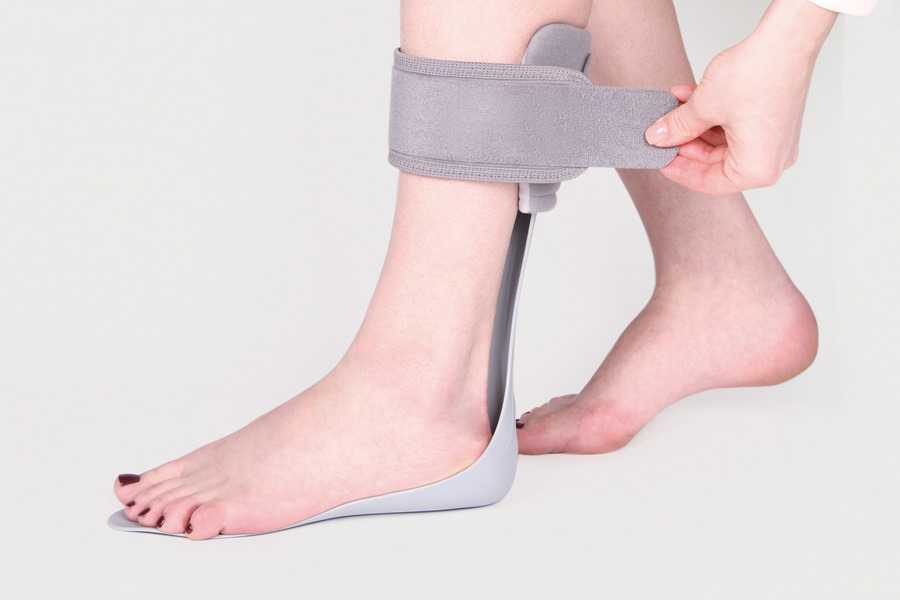
Expert Physiotherapy at Home
Certified physiotherapists visit you at home to provide focused, one-on-one care tailored to your needs. With no travel or waiting rooms, recovery happens in a setting that is comfortable, familiar, and built around your convenience.
Personalised Recovery Programmes
Every treatment plan is designed to suit your condition, goals, and pace. Our physiotherapists follow structured, evolving protocols to ensure consistent progress, with each session aligned to deliver meaningful results.
Trusted Physiotherapists. Real Results.
Our team comprises experienced, background-verified physiotherapists trusted by thousands of families. With a strong focus on safety, reliability, and clinical outcomes, we make recovery at home both effective and reassuring
Patient Testimonials
Portea Physiotherapists for Home Visits
Meet some of our experienced and dedicated healthcare professionals

Dr. Lokesh G
Physiotherapist
Specializations
Experienced in Neurological rehabilitation, Orthopaedic physiotherapy, and Paediatric care
Delivers structured, high-impact treatment plans across neuro, ortho, and paediatrics—ensuring safety, comfort, and measurable recovery at every stage.

Dr. Mohammed Sarwar
Physiotherapist
Specializations
Experienced in Neurological rehabilitation, Adult physiotherapy, and Paediatric care
Combines deep clinical expertise with a compassionate approach, supporting both adults and children through neuro and physical rehabilitation that promotes long-term independence and recovery.

Dr. Nelapati Divya
Physiotherapist
Specializations
Skilled in Orthopaedic rehabilitation, Manual therapy techniques, and Paediatric physiotherapy
Brings a personalised, hands-on approach to healing—combining structural expertise with paediatric sensitivity to restore movement, relieve pain, and improve everyday function.

Dr. Naveen V
Physiotherapist
Specializations
Trained in Pain management, Cardiac and Orthopaedic rehabilitation, Neurological care, and Neural tissue mobilisation
Brings clinical precision and empathy together—designing science-backed recovery protocols for pain relief, nerve mobilisation, and cardio-neuro-ortho rehabilitation across all age groups

Dr. Miloni Savla
Physiotherapist
Specializations
Holds an MPT in Orthopaedics with a focus on Musculoskeletal rehabilitation and strength recovery
Delivers focused, movement-oriented therapy grounded in orthopaedic science—helping patients rebuild strength, restore function, and return to daily life with confidence
Other Cities
Physiotherapy Treatments

what is foot drop?
Foot drop, or drop foot, is a condition where a person finds it difficult to lift the front part of their foot, leading to dragging of the toes while walking. It is not a disease but rather a symptom of an underlying issue, often neurological or muscular. This condition can significantly impact mobility and daily activities, but timely treatment can help manage and recover functionality.
causes of foot drop
The root causes of foot drop are varied. Nerve injury, particularly damage to the peroneal nerve that controls foot and toe movement, is one of the most common causes. This damage may result from trauma, prolonged compression, or conditions such as diabetes. Neurological disorders, including multiple sclerosis, stroke, or cerebral palsy, often lead to foot drop due to their impact on nerves and muscles. Muscle weakness from conditions like muscular dystrophy or prolonged inactivity also contributes to this condition. Furthermore, injuries to the leg or complications from hip or knee surgeries may result in foot drop.
symptoms and diagnosis of foot drop
Individuals with foot drop often experience difficulty lifting the front of the foot, causing a dragging motion while walking. To compensate, some may adopt a high-stepping walk. Other symptoms include muscle weakness in the lower leg and sensations of tingling, numbness, or pain along the affected area. Diagnosis typically involves a physical examination, imaging tests such as MRI or X-rays, and nerve conduction studies to pinpoint the root cause.
treatment options for foot drop
The management of foot drop focuses on addressing the underlying cause and improving mobility. Treatment methods often include braces or orthotics, which provide support and prevent dragging of the foot. Physiotherapy is crucial for strengthening leg muscles and improving flexibility, helping restore mobility. In severe cases, surgical interventions may be required to relieve pressure on nerves or repair damaged tendons. Medications such as anti-inflammatory drugs may also be prescribed to manage underlying conditions contributing to foot drop.
role of physiotherapy in recovery for foot drop
Physiotherapy plays a pivotal role in the rehabilitation of foot drop. A tailored physiotherapy program can include stretching exercises to enhance flexibility, strength training to rebuild muscle function, and gait training to correct walking patterns. These interventions improve the overall quality of life for individuals with foot drop.
portea’s at-home physiotherapy services for foot drop
At Portea, we specialize in providing personalized physiotherapy services for individuals with foot drop. By delivering care at home, we ensure that our patients receive expert treatment in a comfortable and familiar setting, promoting a faster and more effective recovery. We also specialize in providing expert physiotherapy services for post-surgical rehab, arthritis, neuro-rehab, sports injuries, orthopedic physiotherapy, physiotherapy for the elderly, and more—all delivered conveniently at your home. Our dedicated team ensures you receive the personalized care you need for a smooth and successful recovery.
With Portea, you receive expert paralysis physiotherapy treatment at home, delivered by skilled physiotherapists dedicated to your recovery and well-being. Additionally, we offer a wide range of healthcare solutions, including doctor consultations,medical equipment, nursing care, and dedicated trained attendants ensuring personalized and high-quality care tailored to your needs.
portea’s other physiotherapy services based on medical conditions
faq’s
What is the cause of foot drop?
Foot drop is caused by weakness or paralysis of the muscles that lift the foot. This can result from nerve damage, stroke, injury, or conditions like multiple sclerosis.
Can foot drop be cured?
Foot drop may not be fully cured, but with proper treatment, such as physical therapy, bracing, and sometimes surgery, symptoms can be managed and function improved.
Is foot drop nerve L4 or L5?
Foot drop is typically associated with damage to the peroneal nerve, which originates from the L4, L5, and S1 nerve roots in the lower back.
Is foot drop a red flag?
Foot drop can be a red flag if it occurs suddenly, as it may indicate nerve damage or neurological conditions. Immediate medical evaluation is recommended to determine the cause.
How can I fix my foot drop at home?
Foot drop can be managed at home through exercises to strengthen the affected muscles, wearing ankle-foot orthoses (AFOs) for support, and using assistive devices like a cane or walker. Always consult a doctor for proper guidance.
Doctor Consultation
Nursing
Physiotherapy
Trained Attendant
Elder Care
Mother & Baby Care
Lab Tests
Medical Equipment
Speciality Pharma
Critical Care




